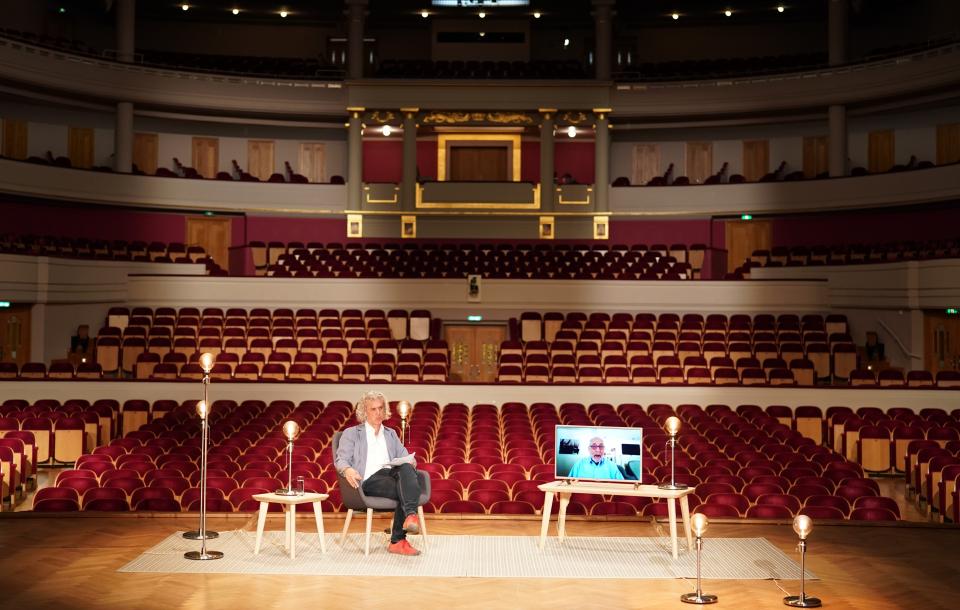Conversation in English with subtitles available in English, Dutch and French.
Joseph Eugene Stiglitz (1943) is an American economist and author, and recipient of the 2001 Nobel Prize for Economic Sciences. He is known for his critical stances on globalisation and international organizations such as the International Monetary Fund. His latest book People, Power and Profits: Progressive Capitalism for an Age of Discontent (2019) was published by Athenaeum.

"We have to recognize that the world is going to have countries with different economic and political systems that we may not like, but we have to cooperate together to deal with the problem of climate change. When you're on a ship and it goes down like the Titanic, many people in the lifeboat may be people that you really don't like, you may not respect them, you may hate them, but you have to row together to get to shore."
"I think addressing climate change would actually help stimulate the economy. Whenever you go through episodes of major economic change – and moving from fossil fuels to renewables is a big economic change - it brings about an era of innovation; people rethink the way they organize production. So I think it has the potential of being very positive. Of course it would entail changes in the way we do business, the way we do things. It will move us away from the kind of materialism that has been the centre of our economy since the Industrial Revolution but it will move us into a kind of economy where we will have even higher standards of living."

